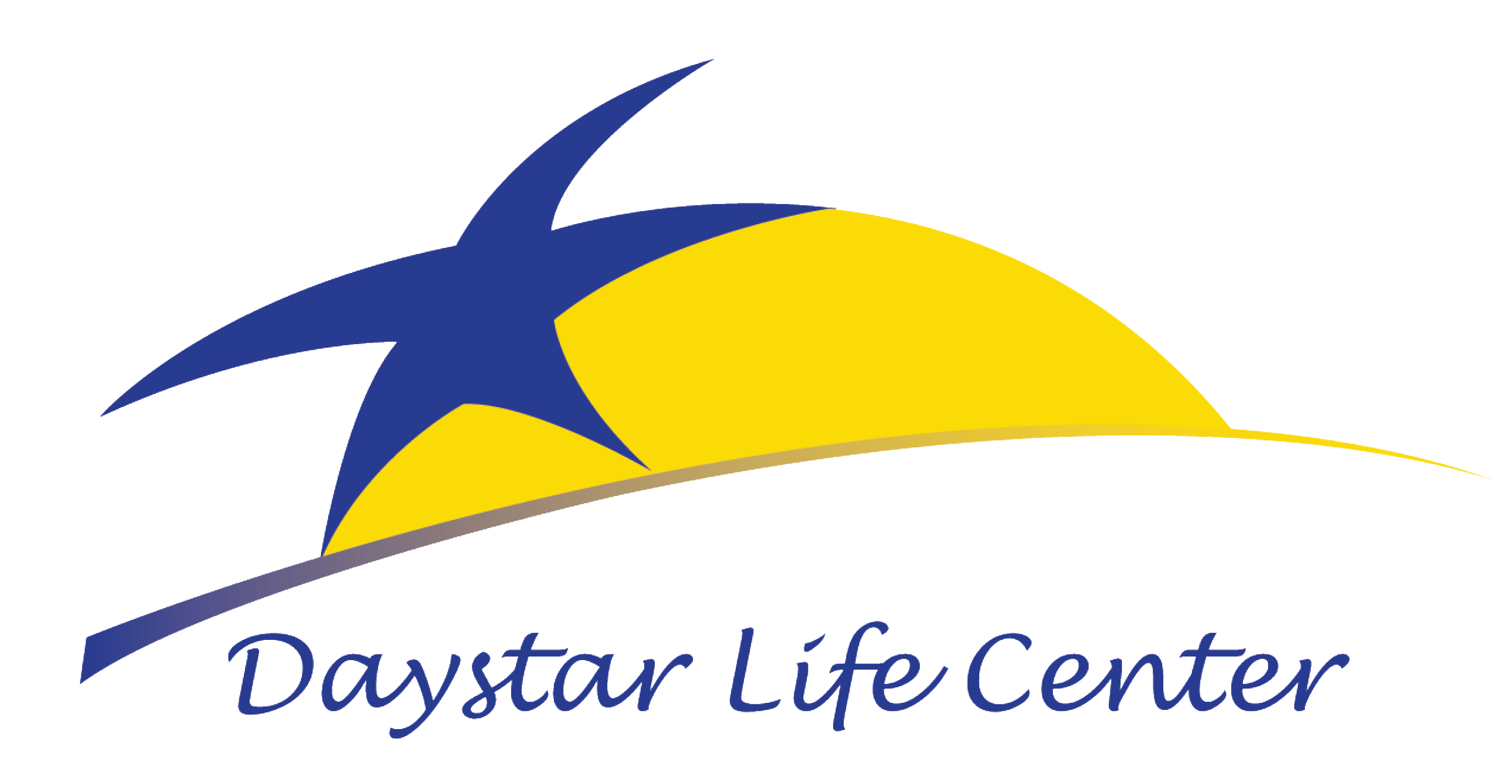Money anxiety is a relevant problem that affects many individuals in today’s society. It is the feeling of unease or worry about one’s financial situation, and it can have a significant impact on mental health and overall well-being. In a world where money is essential to maintain quality of life, addressing money anxiety becomes integral for achieving inner peace and financial stability.
These feelings are born out of a persistent fear or worry about money-related matters. It goes beyond the normal concerns about financial stability and can lead to chronic stress and anxiety. Common symptoms of money anxiety include sleep disturbances, irritability, difficulty concentrating, and even physical symptoms such as headaches or stomachaches. A constant worry about money takes a toll on mental health, leading to increased levels of stress, anxiety, and even depression.
The effects of money anxiety extend beyond mental health. Financial stress often leads to tension between partners or family members, as it strains communication and creates conflicts. Stress related to money may compound, affecting decision-making abilities and leading to poor financial choices or avoidance of necessary financial tasks such as bill payments or budgeting.

The Link Between Money and Mental Health: Breaking the Stigma
There is a significant stigma surrounding both mental health and money matters. Many individuals feel ashamed or embarrassed to discuss their financial struggles or mental health issues openly. However, it is crucial to break this stigma and recognize the importance of addressing both for overall well-being.
Money and mental health are closely intertwined. Financial difficulties can lead to increased stress levels, which in turn negatively impact mental health. On the other hand, poor mental health also affect one’s ability to manage finances effectively. By acknowledging this link and promoting open conversations about money anxiety, we may reduce the stigma surrounding these topics and encourage individuals to seek help and support.
Identifying the Triggers: Recognizing What Causes Money Anxiety
Various factors bring about financial stress. Common triggers include job loss or instability, mounting debt, unexpected expenses, or a lack of financial literacy. It is essential to recognize these triggers and understand how they affect our mental well-being.
Recognizing when these triggers are affecting us is crucial for managing money anxiety effectively. It may manifest as increased worry or stress levels, changes in behavior such as overspending or avoiding financial responsibilities, or physical symptoms such as headaches or insomnia. By being aware of these signs, it is possible to be proactive in addressing the underlying issues and managing our anxiety.
Strategies for avoiding or managing triggers include creating a financial safety net, such as an emergency fund, to handle unexpected expenses. Seeking professional advice on debt management or financial planning can also help alleviate anxiety related to these areas. Improving financial literacy through education and learning about personal finance empower individuals to make informed decisions and reduce anxiety.
Coping Strategies: Tips for Managing Money Anxiety and Finding Inner Peace
Managing money anxiety requires a combination of practical strategies and self-care practices. Here are some tips for finding inner peace amidst financial worries:
1. Create a routine: Establishing a daily routine can provide structure and stability, reducing anxiety levels.
2. Practice mindfulness: Engaging in mindfulness exercises, such as meditation or deep breathing, can help calm the mind and reduce stress.
3. Seek support: Reach out to friends, family, or support groups who can provide emotional support during challenging times.
4. Engage in physical activity: Regular exercise has been shown to reduce stress and improve overall well-being.
5. Set realistic goals: Break down financial goals into smaller, achievable steps to avoid feeling overwhelmed.
6. Limit exposure to financial news: Constantly consuming news about the economy or stock market can increase anxiety levels. Set boundaries and limit exposure to maintain a healthy mindset.
Budgeting Basics: How to Create a Financial Plan That Works for You
Budgeting is a fundamental tool for reducing money anxiety and gaining control over your finances. It involves tracking income and expenses, setting financial goals, and allocating funds accordingly. Here is a step-by-step guide to creating a budget:
1. Assess your current financial situation: Determine your income, expenses, and debts to understand your financial standing.
2. Set financial goals: Identify short-term and long-term goals, such as paying off debt, saving for emergencies, or planning for retirement.
3. Track your expenses: Keep a record of all your expenses for a month to identify areas where you can cut back or make adjustments.
4. Categorize your expenses: Divide your expenses into categories such as housing, transportation, groceries, and entertainment.
5. Allocate funds: Determine how much money you will allocate to each category based on your income and priorities.
6. Review and adjust: Regularly review your budget to ensure it aligns with your goals and updates as needed.
Sticking to a budget can be challenging, but there are strategies that help. Automating bill payments, using cash envelopes for discretionary spending, or seeking accountability through a financial buddy or support group can all contribute to budgeting success.
Debt Management: Strategies for Paying Off Debt and Reducing Financial Stress
Debt is a significant source of money anxiety for many individuals. The burden of debt can lead to constant worry and stress about making payments and the long-term impact on financial stability. Here are some strategies for paying off debt and reducing financial stress:
1. Prioritize high-interest debt: Focus on paying off debts with the highest interest rates first to minimize the overall cost of borrowing.
2. Consider debt consolidation: Consolidating multiple debts into one loan with a lower interest rate can simplify payments and reduce stress.
3. Negotiate with creditors: Reach out to creditors to negotiate lower interest rates or more manageable payment plans.
4. Seek professional help: If debt becomes overwhelming, consider working with a credit counseling agency or financial advisor who can provide guidance and support.
5. Avoid accumulating more debt: Develop healthy financial habits to prevent further debt accumulation, such as budgeting, saving, and practicing mindful spending.
Reducing financial stress related to debt requires patience and discipline. It is essential to stay focused on the long-term goal of becoming debt-free and seek support when needed.
Building Resilience: How to Develop a Positive Money Mindset and Overcome Anxiety
Developing a positive money mindset is crucial for overcoming money anxiety and building resilience. Here are some strategies to cultivate a positive mindset:
1. Practice gratitude: Focus on what you have rather than what you lack. Expressing gratitude for the things money cannot buy, such as relationships or experiences, can shift your perspective.
2. Challenge negative beliefs: Identify and challenge negative beliefs or thought patterns related to money. Replace them with positive affirmations or realistic perspectives.
3. Celebrate small wins: Acknowledge and celebrate small financial victories along the way, such as sticking to a budget or paying off a debt.
4. Educate yourself: Increase your financial literacy by reading books, attending workshops, or seeking advice from professionals. Knowledge empowers you to make informed decisions and reduces anxiety.
5. Surround yourself with positivity: Surround yourself with people who have a positive attitude towards money and success. Their mindset can influence your own beliefs and behaviors.
Building resilience takes time and effort, but it is a valuable investment in your overall well-being and financial success.
Car Credit with Daystar Life: Supporting and Uplifting for Improved Financial Outcomes
Daystar Life Center (www.daystarlife.org) is a recipient of the Nuevo en US grant (www.nuevoenus.org), distributed by Car Credit (www.carcredittampa.com). Using these funds, nonprofits can focus more heavily on marketing and outreach endeavors, which are so often underutilized in these organizations. Car Credit and Nuevo en US operate with the belief that in today’s environment, these areas cannot be considered luxuries but rather fundamental to reaching those in need. Nonprofit organizations and services must identify and be active in spaces where target populations occupy. In doing so, we build a more resilient web of assistance, collaboration, and community with fewer holes to act as a springboard for anyone finding themself in an unfavorable situation in their life.
Steve Cuculich, owner of Car Credit, lives and operates with the belief that community understanding and support are cruxes to attaining success. Steve truly believes in building and supporting connections among people and bringing communities closer together. He accomplishes this in his endeavors bolstering nonprofits and community-building in Tampa Bay, as he states: “I am involved in a variety of businesses and investments, and take an entrepreneurial, customer-focused approach to each. However, all along the way I look for ways that my investments can give back to the community and serve a bigger picture.”
